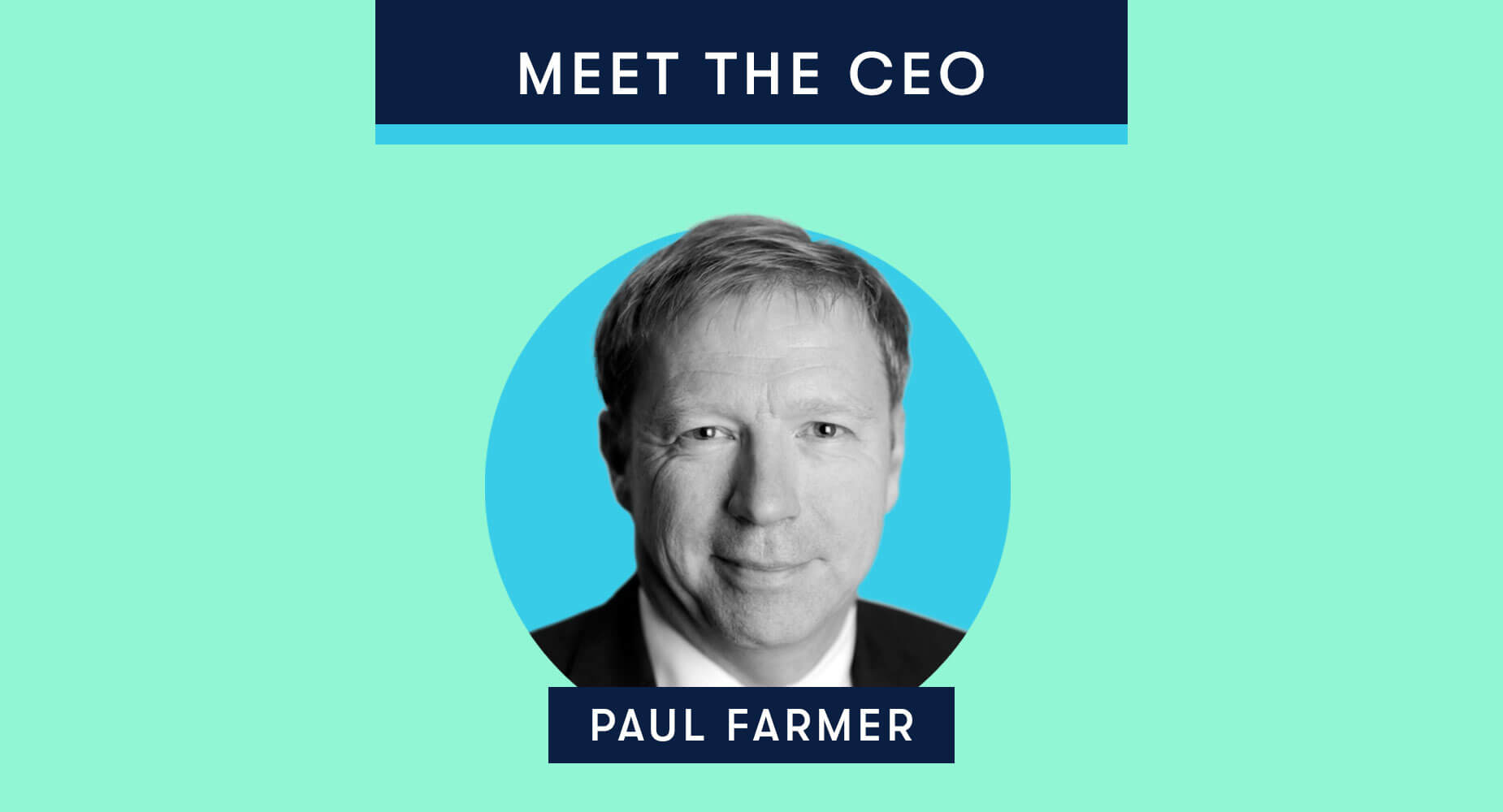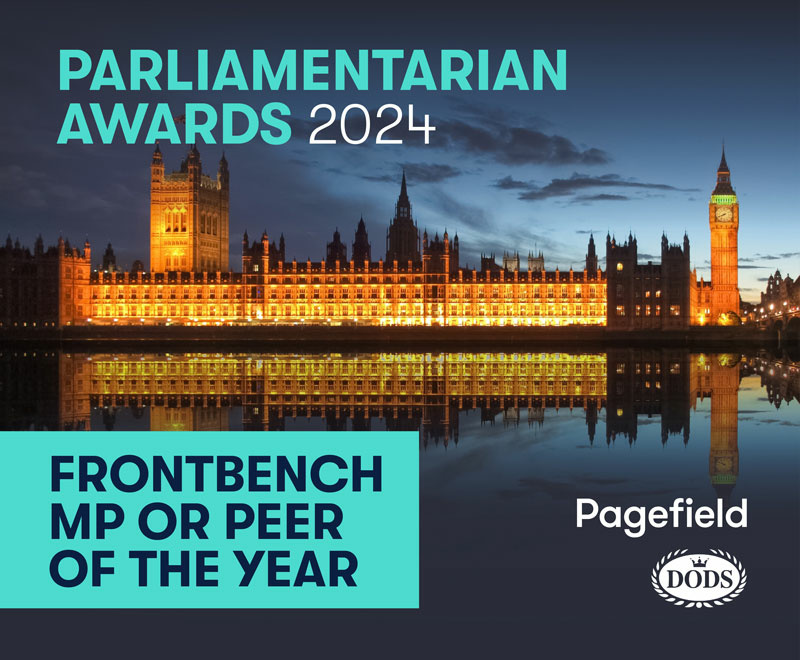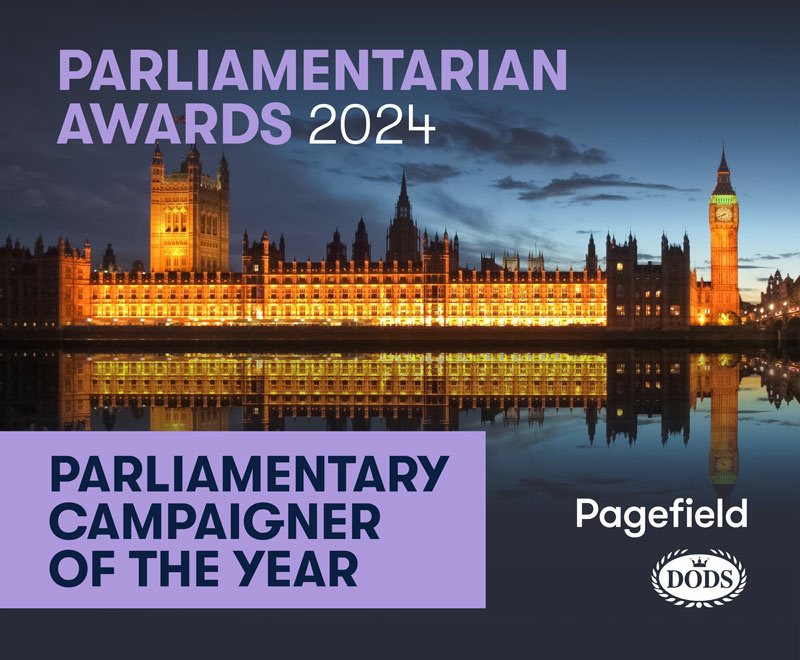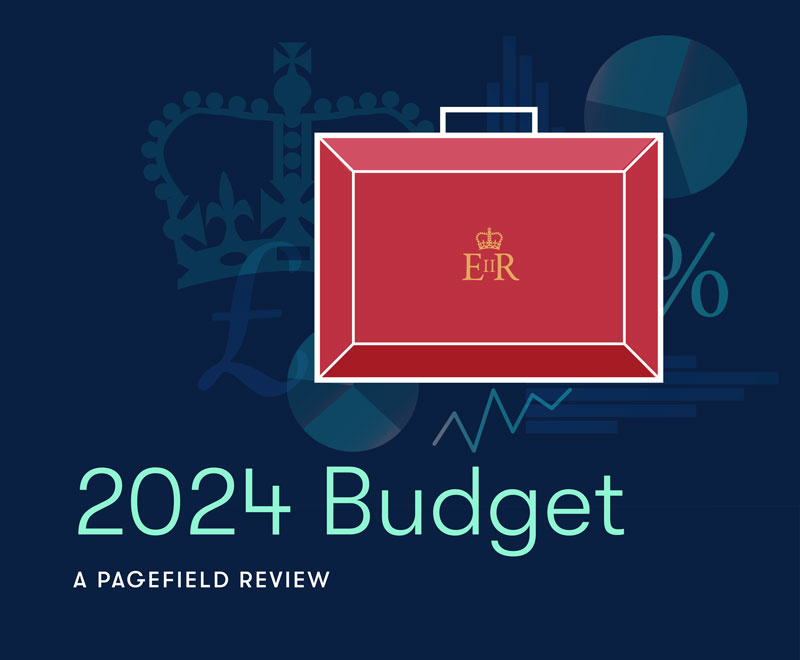Paul Farmer was in conversation with Pagefield CEO Oliver Foster during one of the agency’s Meet the CEO question and answer sessions on Thursday 13 May. The event was held during Mental Health Awareness Week, which focuses this year on the importance of nature on our mental health.
The conversation came at a key time for the UK as the country continues to unlock from the government’s Covid-19 restrictions. Paul talked about how the pandemic has impacted people’s wellbeing, what businesses can do to help their employees and what the government should be doing to address the issue.
A crisis is coming
Paul, who has been CEO of the leading mental health charity since 2006, warned that the scale of the mental health problems created by the pandemic and lockdowns will be “very significant” and that the government would have to implement a “joined-up” cross-department plan for the next few years to “prevent a crisis”.
“We desperately need a plan which recognises that there’s a role across government, whether that’s related to businesses, the welfare system or some of the positive things that we can do,” he explained.
Paul also stressed that there has to be a “collective effort”, across business, faith communities and voluntary organisations, to address the issue and make sure there’s a clear understanding of what good mental health means.
His comments come just over a week after the Office for National Statistics said depression rates had doubled during the pandemic, with around one in five (21%) adults experiencing some form of depression in early 2021. “There’s no vaccination programme for mental health,” Paul stressed.
The ‘Covid generation’
Paul went onto to warn that young people in particular were impacted by the pandemic, with millions of students across the education system facing disruption and the job market, especially in industries associated with part-time work (like the hospitality sector), presenting its own challenges for those trying to get on the career ladder or to earn while they learn.
“[Young people have faced] extraordinary turmoil in their short lives,” Paul said, pointing to a recent study that found that one in six children aged five to 16 in England were identified as having a probable mental disorder – up from one in nine in 2017.
Physical GP appointments
The Mind CEO also raised concerns amid reports that GPs have been told not to take face-to-face appointments. “The key thing here is all about choice,” he said. “Choice has been a mantra with the NHS, but it’s rarely been delivered, especially with mental health services.” A recent report from Mind, ‘Trying To Connect’, found that one in four people said their mental health had worsened after receiving NHS treatment remotely.
Social media concerns
Elsewhere, Paul revealed that he broadly welcomed the UK government’s Online Harms Bill, which is designed to protect children and adults online by making social media firms remove harmful content quickly or face substantial fines. “There needs to be more debate about where we get the line right, but on the whole there’s some pretty good points [in the draft legislation],” he said.
Mind recently supported the English Football League’s social media switch-off to highlight online and racial abuse of players. Paul argued that the relationship between racism and poor mental health needed to be better understood. “We need to treat every human being in a fair and equitable way,” he said.
What businesses can do
Finally, Paul pointed to Mind’s Workplace Wellbeing Index as an independent benchmark on what the business community is doing well, highlighting BT, Lloyds Bank, Deloitte and Unilever as good case studies. He also revealed that the construction industry at-large had acted to address poor mental health among its workforce, with “frighteningly high” levels of suicides.
As for when employees return to the office, the Mind CEO said it could be seen as an “MOT on your [employee’s mental health]” and that mental health and wellbeing should be at the heart of conversations around hybrid working.
Pagefield’s quick-fire questions to Paul Farmer
What one thing should individuals do to boost their mental health?
“Take time for your mental health – five minutes everyday just thinking about how we are and what we can do to build positive mental health.”
What one thing should employers do to boost their employees’ mental health?
“Right now, they should put mental health at the heart of their return-to-work agenda.”
What one thing can the government do better to improve mental health?
“Put in place a cross-governmental plan for the recovery from Covid for mental health, with a focus on young people and those communities that have been most impacted by the pandemic.”
What one thing can journalists do better to improve mental health?
“Write responsibly and accurately about mental health, but also write positive stories about mental health as well as calling out poor practice when they see it.”




